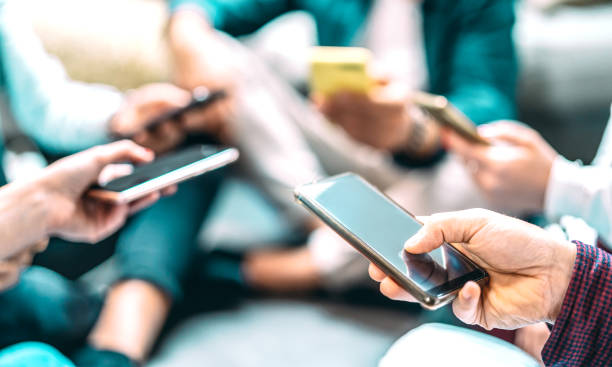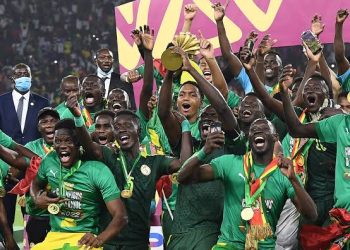The United Nations’ telecommunications agency, the ITU, says that 5.5 billion people are now connected to the internet in 2024. That’s 227 million more people than last year. While this is good news, the ITU’s latest report shows that there’s a big gap in internet access between rich and poor countries.
Right now, about two-thirds of the world’s population is online. However, 2.6 billion people still can’t access the internet. This problem is especially severe in poor countries, where only 27% of people are online. In contrast, 93% of people in wealthy countries have internet access. ITU Secretary-General, Doreen Bogdan-Martin, said that these numbers show two very different digital worlds.
“The most vulnerable people are being left behind, missing out on opportunities for education, employment, and information,” she said.
The report revealed that there are still significant inequalities between rural areas and urban centers. While, in urban regions, 83% people are online, in remote areas only 48% people have access to the Internet. Of the 2.6 billion offline individuals, 1.8 billion people reside in rural areas.
Gender and age also affect connectivity. Globally, 70% of men use the Internet compared to 65% of women. The gap is starker in least-developed countries. Younger individuals are more connected, with 79% of people aged 15–24 online, compared to 66% of the broader population.
In low-income nations, a fixed broadband subscription costs nearly a third of the average monthly income. Simply owning a mobile phone, a prerequisite for accessing the Internet, is also low in these areas. In the world, this number reaches 80% of people aged 10 years or more, but in low-income countries only 56%.
Nigeria, which has a population of over 200 million, provides a good illustration of the problems. The Nigerian Communication Commission (NCC) said that as of 30 September 2024, 132 million mobile internet connections are active in Nigeria. However, due to the fact that one person can have more than one connection, the actual number of individuals on the internet is less. To tackle this problem Nigeria has launched a program to install 90,000 kilometers of fiber optic cables throughout the country.
Commenting on the findings, ITU’s Telecommunication Development Bureau Director Cosmas Luckyson Zavazava said, “The world is inching towards universal access when it should be sprinting. We must intensify efforts to remove barriers that keep people offline.”
As Internet access becomes cheaper and technology advances, bridging the digital divide remains a pressing global challenge. Achieving universal and meaningful connectivity is essential to ensuring no one is left behind in the digital age.






















































